On November 5, 2025, GW Law’s Environmental Law Program hosted a virtual panel bringing together leading scholars and practitioners to examine the evolving legal and political landscape surrounding Indigenous peoples’ rights to territorial control in Latin America. Speakers from Peru, Ecuador, and Italy discussed how both international and domestic legal frameworks are responding to ongoing tensions between state-driven development, environmental protection, and Indigenous self-determination.

Serving as moderator, Giovanna E. Gismondi, Visiting Associate Professor and Environmental Law Fellow, guided the conversation by drawing connections among the panelists’ perspectives and the broader legal trends transforming the region.
Raquel Z. Yrigoyen Fajardo, Professor of Law at the Pontificia Universidad Católica del Perú and a leading human rights litigator with the International Institute on Law and Society (IIDS), examined the doctrinal shift from state-centered development models to a human rights framework rooted in territorial autonomy and collective consent. She emphasized that this evolution prohibits states from authorizing development projects without free, prior, and informed consent (FPIC), as affirmed by the Inter-American Court of Human Rights in Saramaka People v. Suriname. Yrigoyen underscored that the Court has moved beyond a model of mere consultation and now recognizes Indigenous peoples’ authority to control decisions affecting their lands and natural resources. Drawing on landmark national jurisprudence, including the Tres Islas case in Peru, she noted that domestic courts have likewise declared concessions granted without prior consultation to be legally null and void, reinforcing FPIC as an indispensable safeguard for Indigenous territorial rights.
Lorenza Fontana, Professor of Political Science at Università di Torino, examined the politics of FPIC in Bolivia, Peru, and Colombia. Fontana explained how the legal promise of consultation and consent often collides with political realities: states may try to restrict who qualifies as “Indigenous,” redraw territorial boundaries, or negotiate only with groups deemed more “manageable.” Her research shows that FPIC can serve as a tool of empowerment—but also exclusion—depending on how power, identity, and law interact on the ground.
Carolina López, Environmental Lawyer, discussed Ecuador’s Integrated Fire Management policy, one of the few national legal frameworks in the region to formally incorporate ancestral fire knowledge into environmental governance. López highlighted how intercultural approaches to fire stewardship are strengthening climate resilience, reducing wildfire risk, and challenging the long-standing criminalization of Indigenous environmental practices.

The Environmental Law Program extends its sincere gratitude to panelists Raquel Z. Yrigoyen Fajardo, Lorenza Fontana, and Carolina López for advancing critical dialogue on Indigenous rights, environmental governance, and the future of participatory decision-making in Latin America.





